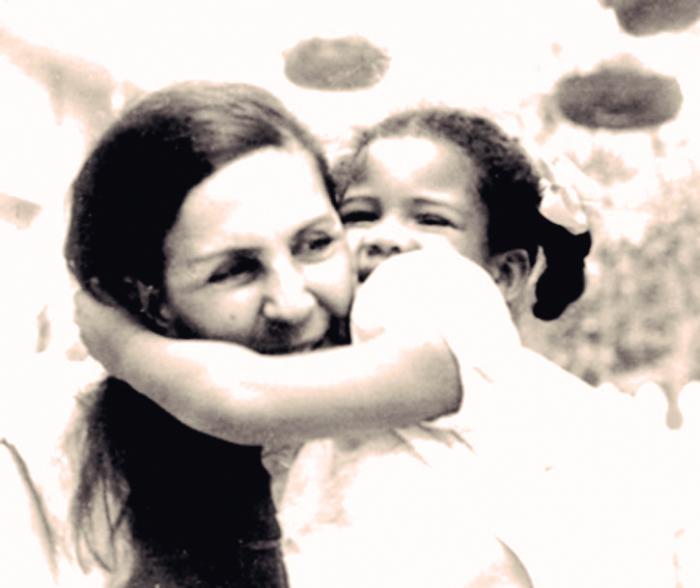
A beautiful and somewhat mystical coincidence wanted that on May 9, 1920, when Mother's Day was celebrated for the first time in Cuba, that "rebellious" girl who would be maternal protection of the nation.
They named her Celia Esther of the Helpless, as a premonition and certainty of what her entire existence would be: an intense and valuable life, and an open chest where the desires, sacrifices and joys of an entire people would find shelter.
Just remember the little girl, mischievous and lively, who not only made tremendous jokes, but was able to collect coins for a whole year to give toys, on Three Kings Day, to the poor little ones of the batey; or the one who, together with her father Manuel, an impeccable doctor, helped to heal the wounds of the body and soul of those forgotten by the government of the day.
To change those postcards of pain, overshadowed by the misery of a country with truncated freedom, Celia went – still very young – to join a feat that marked, with a courageous landing, the route to definitive triumph.
Her presence became the vital essence of an Army of olive green that found in her an exceptional combatant.
However, if Celia was necessary in the armed struggle, then her work in the Revolution would be essential. Always the light and not the shadow of Fidel, the Heroine of the Sierra and the Llano made every task, every detail and every cause that ennobled and magnified the light of Martí socialism in Cuba very much her own.
"When other people had said no, or you can't, she could," Eusebio Leal would once say to refer to the extraordinary leader who never neglected a claim; that dealt with the same rigor both in the colossal civil constructions and in the well-being of a child in the mountains, of a mother without a circle, or of a peasant.
She also felt devotion to plants and animals; she ate little; she smoked and drank a lot of coffee, but she works more. She shied away from protocols and public acknowledgments; she preferred to wear clothes made of jute sack than to dress formally, and she loved sunsets just as she enjoyed the sky of the Homeland.
This was our Autochthonous Flower, the very embodiment of simplicity and dedication; of detail and modesty; the godmother who took care of everyone and everything, earning, at any time, the affection of a people that still feels her present in the free flight of a butterfly, in the sea breeze, in the smile of a happy child.




